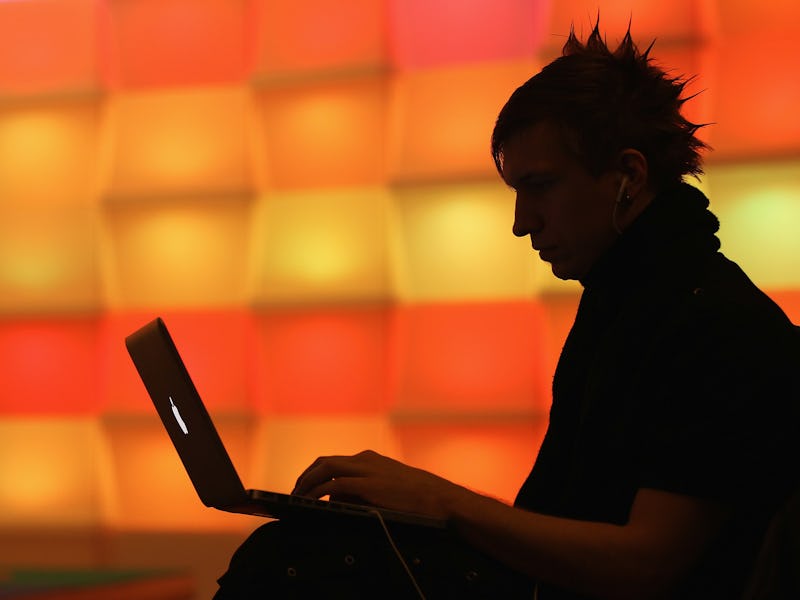How "The Fappening 2.0" Happened
It's a reminder about the need to keep our information safe.

Three years after the original 2014 event, “The Fappening 2.0” appears to be underway. The original “Fappening” was the crassly conceived moniker for the day a hacker broke into the cloud storage accounts of a number of celebrities and stole nude, suggestive, altogether private photos online. Since then, there have been a number of smaller-scale leaks, but now it appears another leak of the same caliber has taken place, with celebrities like Amanda Seyfried and Emma Watson allegedly being first affected. The hacker has also reportedly named Kylie Jenner, Marisa Tomei, and several others.
It’s unclear yet exactly how this new hack occurred but the method seems to largely be the same as the last time: gaining access to and stealing from private iCloud and Gmail accounts. The pictures were then posted to sites like sites like Reddit and Celeb Jihad, from where they can be notoriously difficult to take down.
In the original “Fappening,” the hacker, identified as Ryan Collins, hacked around 50 iCloud and 72 Gmail accounts via a simple phishing scheme. From 2012 onward, Collins sent his victims emails that looked like notifications from Apple or Google in which he asked them to re-enter or provide their login data. It was that easy. People fell for it, and their privacy was violated.
The story is still developing, and most celebrities have yet to comment on the rumors they have been targetted. But Amanda Seyfried has reportedly demanded via her lawyer that Celeb Jihad take down the pictures, lending some veracity to the rumors of the leaks. Emma Watson, however, has denied that the photos of her are real. “They are not nude photographs. Lawyers have been instructed, and we are not commenting further,” said a spokesperson for Watson.
But the internet is hardly willing to wait for confirmation. Already the scummiest of individuals have taken to chat rooms and message boards to celebrate (Warning: The worst people the internet has to offer). “Point Me in that direction,” said one user Wednesday on the IGN message boards, while others express their disappointment at not being able to locate the pictures yet. IGN has since removed that message thread, a move indicative of the sensitivity surrounding this issue.
How to Protect Yourself
For the rest of us, leaks like this are harsh reminders that nobody deserves to have their privacy violated and that there are measures everyone can take to make their online presence safer. First and foremost, knowledge is key. When it comes to phishing emails, the kind that were used in the original “Fappening” and which maybe have been used this time as well, know that companies like Google, Apple, and Microsoft will never contact you to ask for information.
If you receive an email from those or other platforms asking for login details or other information, delete it. It’s also a good idea to regularly update things like passwords and security questions. Doing that will help ensure that any information a hacker comes across will be outdated and useless. Online security, whether on a national or individual level, is a serious matter. While people should always refrain from blaming the victim when a breach does occur, there are steps we all can take to protect our information.